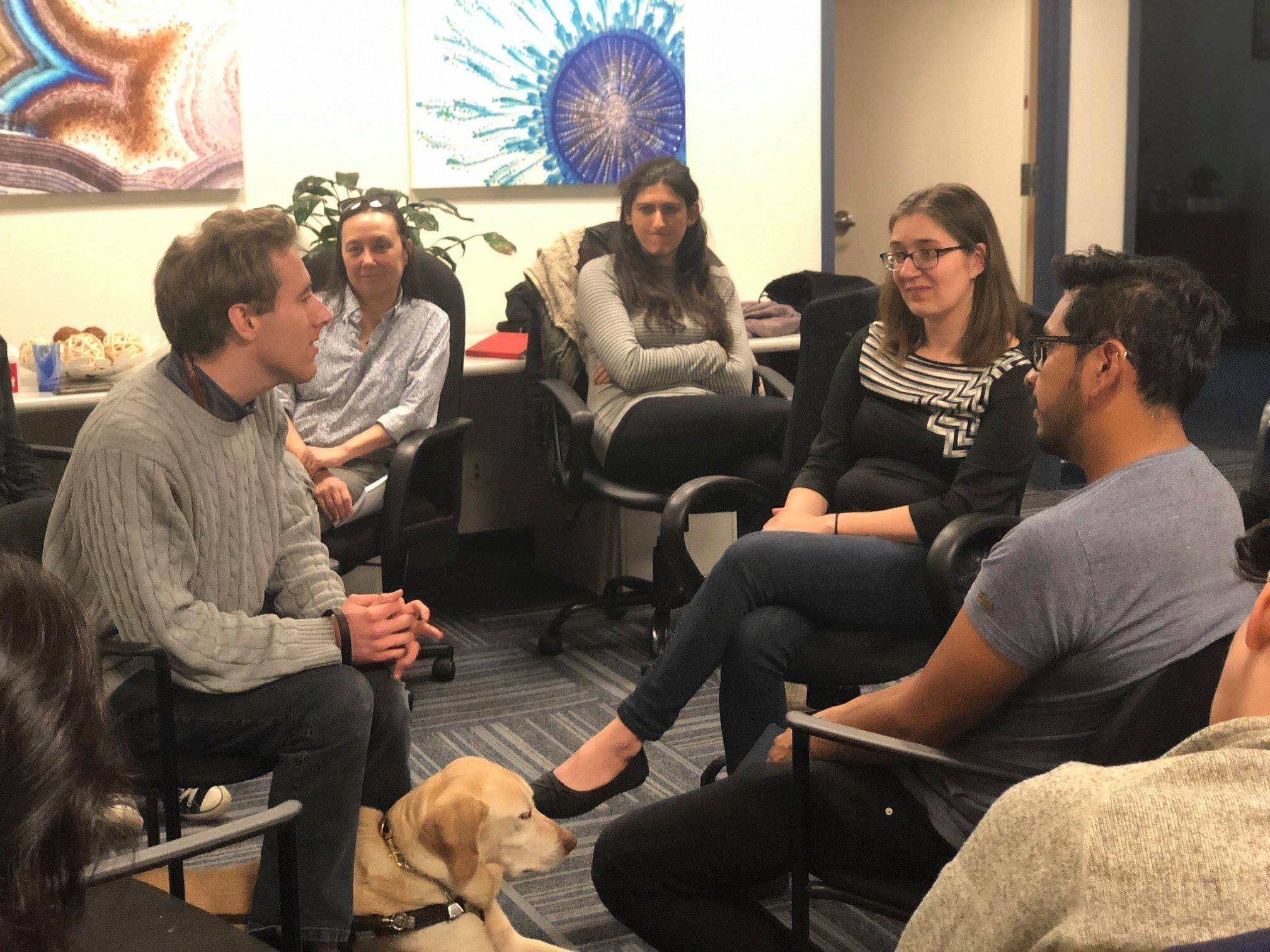
Healing circles have been used for centuries as a way for individuals to come together in a supportive environment to share their experiences and emotions. These circles can be incredibly powerful in promoting healing and emotional well-being, especially when facilitators incorporate emotional facilitation tools into the process. By utilizing these tools, facilitators can help participants explore their emotions more deeply, process trauma, and foster a sense of connection and community within the group.
One of the key emotional facilitation tools used in healing circles is the practice of active listening. Active listening involves not only hearing what someone is saying but also truly understanding and empathizing with their emotions. By actively listening to participants in the healing circle, facilitators can help them feel heard and validated, which can be a powerful tool in the healing process. When individuals feel truly listened to, they are more likely to open up and explore their emotions in a deeper and more meaningful way.
Another important emotional facilitation tool in healing circles is the use of reflective questioning. By asking thoughtful and open-ended questions, facilitators can help participants explore their emotions and thought patterns more deeply. Reflective questioning can help individuals identify underlying beliefs and patterns that may be contributing to their emotional distress, allowing them to work through these issues and move towards healing. Facilitators can also use reflective questioning to help participants reframe negative thoughts and beliefs, promoting a more positive and empowering mindset.
Guided visualization is another powerful emotional facilitation tool that can be used in healing circles. By leading participants through a guided meditation or visualization exercise, facilitators can help them tap into their inner wisdom and explore their emotions in a safe and supportive environment. Guided visualization can help individuals access deeper parts of themselves, uncovering hidden emotions and insights that may be blocking their healing process. This tool can also be used to help participants visualize a more positive and empowered future for themselves, creating a sense of hope and possibility.
Expressive arts therapy is another valuable emotional facilitation tool that can be incorporated into healing circles. By engaging in creative activities such as drawing, journaling, or movement exercises, participants can express and explore their emotions in a non-verbal way. Expressive arts therapy can be especially helpful for individuals who may have difficulty expressing their emotions verbally, allowing them to tap into their creativity and intuition to process trauma and promote healing. Facilitators can guide participants through these creative exercises, providing a safe space for self-expression and emotional exploration.
Finally, the practice of mindfulness can be a powerful emotional facilitation tool in healing circles. Mindfulness involves bringing awareness to the present moment without judgment, allowing individuals to observe their thoughts and emotions without getting caught up in them. By incorporating mindfulness practices such as deep breathing, body scans, or meditation into healing circles, facilitators can help participants cultivate a sense of calm and presence, making it easier for them to explore and process their emotions in a healthy way. Mindfulness can also help individuals develop greater self-awareness and emotional regulation skills, empowering them to navigate difficult emotions more effectively.
In conclusion, emotional facilitation tools are powerful resources that can enhance the healing process in circles. By incorporating active listening, reflective questioning, guided visualization, expressive arts therapy, and mindfulness practices into healing circles, facilitators can create a safe and supportive environment for participants to explore their emotions, process trauma, and foster a sense of connection and community. These tools can help individuals deepen their self-awareness, develop emotional regulation skills, and cultivate a more positive and empowering mindset, leading to greater healing and emotional well-being. Discover the power of emotional facilitation tools in healing circles and unlock your potential for healing and transformation.